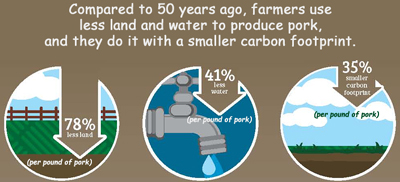NPPC Disappointed With McDonald’s Decision Questions Remain About Effects On Farming Families
WASHINGTON, May 31, 2012 – The National Pork Producers Council expressed disappointment with McDonald’s decision to move forward with requiring its pork suppliers to phase out the use of individual sow housing. The fast food firm today announced it wants 100 percent of its suppliers to be gestation stall-free in 10 years.
“While we’re disappointed with its decision, McDonald’s – unlike other food companies – did the research to find out how complex this issue is,” said NPPC President R.C. Hunt, a pork producer from Wilson, N.C. “At least it discussed its plans with the pork industry and has concerns with the available pork supply from stall-free operations and with the transition away from stalls that would be required of producers.
NPPC suggested other food companies consider the supply chain realities of the pork industry before making similar decisions. Read more

